THE ORGAN AND IT'S PROBLEM
Ulcerative colitis is an inflammatory bowel disease (IBD). IBD comprises a group of diseases that affect the gastrointestinal tract. Ulcerative colitis occurs when the lining of the large intestine (colon or bowel) and the rectum become inflamed. This inflammation procedures tiny sores called ulcers on the lining of the colon. It usually begins in the rectum and spreads upward. It rarely affects the small intestine beyond the lower portion. This means your large intestine does not absorb water as much as usual, which causes to have diarrhea. As the innermost lining of the large intestine becomes inflamed, and ulcers may form on the surface. Ulcerative Colitis can also affect:

Ulcerative colitis most often begins gradually and can become worse over time. Symptoms can be mild to severe. Most people have periods of remission- times when symptoms disappear- that can last for weeks or years. The goal of care is to keep people in remission long term.
Ulcerative colitis may affect any age group, although there are peaks at ages 15-30 and then again at ages 50-70. The disease usually begins in the rectal area and may involve the entire large intestine over time. There is no risk based on gender, male and female both are equally prone to ulcerative colitis.
There are four types of ulcerative colitis (UC). Each has its own specific set of symptoms and affects different areas of the large intestine.
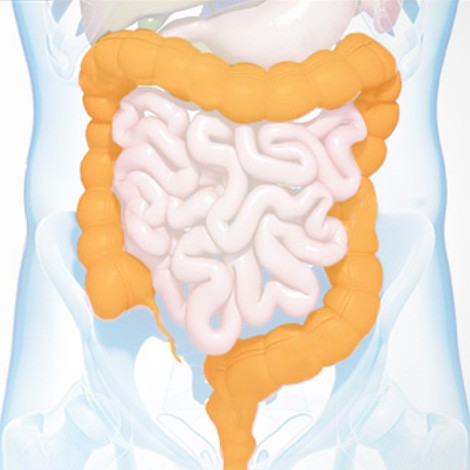
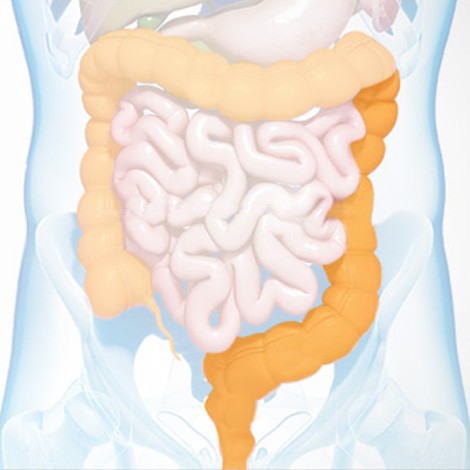
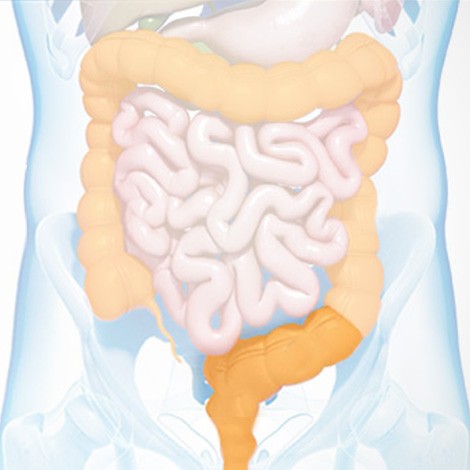
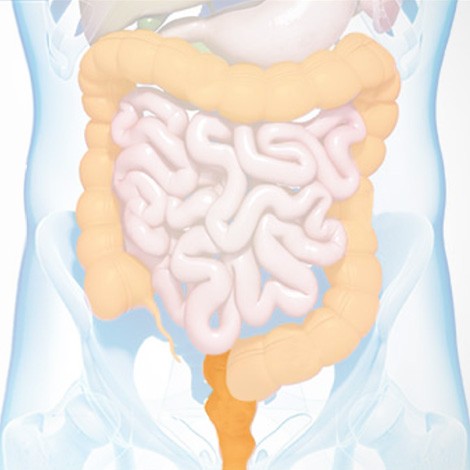
Ulcerative colitis (UC) symptoms range from mild to severe. Symptoms may vary over time and from person to person, depending on what part of the large intestine is inflamed and the severity of the inflammation. The main symptom of ulcerative colitis is bloody diarrhea. Other problems include:
Your symptoms can flare up, go away, and then come back again. Sometimes they might not bother you for weeks or years at a time.
The chart below can help you understand the differences between mild, moderate and severe symptoms.
It’s important to remember every person is different and symptoms may vary from person to person.

Diagnostics for ulcerative colitis can be done through the following methods:
Ulcerative colitis treatment has two main goals. The first is to ease the symptoms and give the colon a chance to heal. The second is to prevent more flare-ups. A mix of diet changes and proper medicated treatment is needed to reach those goals. Good nutrition is important in the management of ulcerative colitis. Dietary changes can help reduce symptoms. Food doesn’t cause ulcerative colitis, but some types can make the symptoms worse. Soft, bland food doesn’t bother as much as spicy or high-fiber dishes do. If you can’t digest the sugar in milk called lactose (meaning you’re lactose intolerant), so it’s better to avoid dairy products. Depending on a person’s symptoms or medications, a health care provider may recommend a specific diet, such as:
A surgeon usually removes your colon (also called your large intestine) and rectum. Risks involved in the surgical procedure are as follows:
An ounce of prevention is worth a pound of cure. Using Herbal (natural) and Homeopathy (alternative medicine) components at NHC Life The toxins and waste deposits in the stomach and intestine lead to immunity disorder and ulcerative colitis. In allopathy, the only treatment suggested is that of surgery in moderate and severe conditions but in mild conditions, the antibiotics only stop the symptoms and don’t cure the condition of the colon. In the treatment of homeo-herbal the cure is done from the root so that there is no reoccurrence of the same in the future.
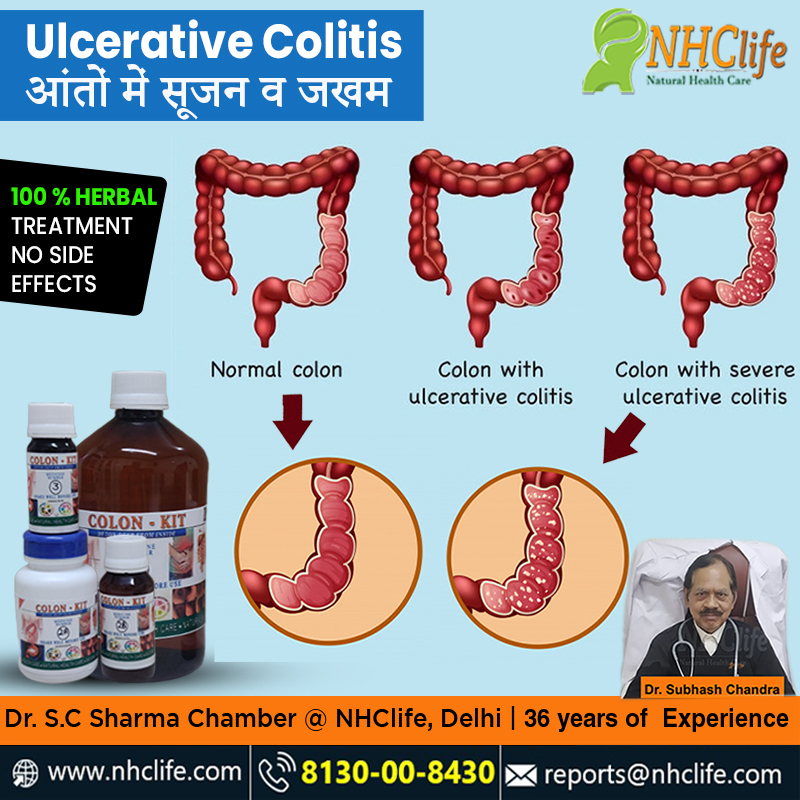
Natural Health care has successfully treated patients suffered from the above diseases after analyzing the basic symptoms of ulcerative colitis. We believes that each patient has its own symptoms and that treatment of each should be unique. With 35 years of experience Dr. S.C Sharma guides us with successful treatment of severe problem.
We want to save people from surgery and make their life healthy
A patient from Haryana “Mr. Shyam” shares his treatment journey with a feeling of gratitude and acknowledgment to all the professionals at NHCLife who helped me survive from Ulcerative Colitis. My journey began with symptoms of mucus, urgency, bloody stools, and moderate abdominal pain. I consulted many doctors in Delhi, they provide me many antibiotics and steroids but after long use of medicines, I didn't get any relief. After this, I consulted NHCLife center in Delhi I was told to go through an endoscopy in which “Ulcerative Colitis” was detected. I took medicines for one month only - in first week of dosage blood passage stops completely -"I need to travel with bike and bloody stools gave me so much problem in that". In one month course my symptoms were cured completely. Now I am happy with treatment.
At NHC Life Center, we are happy to see our patients understand that the severity of disease and problem patient is suffering from, the duration of treatment will be more. We congratulate all our patients for their success in our treatment as it is their belief which keeps us going for good.